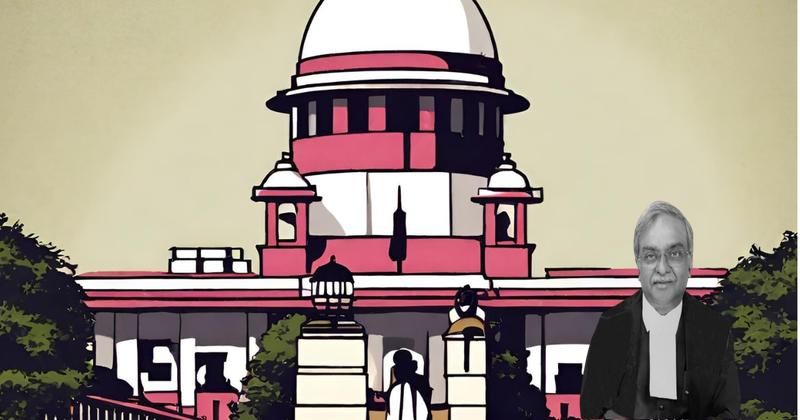In a significant ruling by the Supreme Court of India, a long-standing Land Allotment Dispute case has been resolved. The case involved a dispute between the parties over a cancelled allotment, with the respondent admitting their inability to deposit the balance amount required under the allotment scheme. The judgment provides clarity on consumer rights and financial obligations in such cases. Read on for a summary of the key points and outcome.
Facts
- The appellant failed to deposit the balance resulting in the cancellation of the allotment on 6 April 1994.
- Dispute regarding whether the letter offering possession was made available to the appellant.
- Compensation of Rs 70,000 and litigation expenses of Rs 11,000 granted to the appellant.
- State Consumer Disputes Redressal Commission set aside the order of the District Forum.
- Order of the District Forum restored by the NCDRC.
- District Forum allowed the complaint of the appellant.
- The balance amount was to be paid at the time of possession.
- Interest of 6% per annum directed to be paid on the balance amount not refunded.
- Appellant directed to allot an LIG tenement upon payment of balance mentioned in allotment letter.
- Appellant was directed to deposit Rs 25,000 for litigation expenses.
- NCDRC concluded that possession letter not proved to be served and cancellation letter not proved.
- Appellant agreed to return the deposited amount with interest and penalty.
Analysis
- The respondent admitted in 1996 that she was unable to deposit the balance amount required under the allotment.
- The delay in filing the consumer complaint before the District Forum in 2008 was beyond the period of limitation set by the Consumer Protection Act, 1986.
- The appellant’s counsel highlighted two letters where the respondent acknowledged her inability to pay the balance amount.
- The allotment to the respondent was under the Cash Purchase Scheme, making her ineligible for the Special Exemption Scheme benefit.
- The factual background showed the respondent’s financial inability to comply with the terms of the allotment for almost 16 years.
- Despite the respondent’s later willingness to deposit the amount, the delay in taking legal action was significant.
- The judgment and order of the NCDRC was deemed unsustainable.
- The authority could not have been restricted to the rates of 1992.
- No basis in principle for directing the appellant to hand over the tenement to the respondent.
Also Read: CRPF Act: Validity of Rule 27 for Compulsory Retirement – Case of Head Constable vs. CRPF
Decision
- The payment mentioned should be made within two months of receiving a certified copy of the order.
- The judgment and order dated 29 January 2018 are set aside.
- Any pending applications are also disposed of.
- A direction is issued for the refund of Rs 25,000 deposited by the appellant.
- As per the interim order of 23 April 2018, the appellant is directed to pay a total of Rs 1 lakh to the Original Names over and above the litigation expenses.
- The appeal is disposed of.
Also Read: DAMEPL vs. DMRC: Curative Petition and Arbitral Award Restoration
Case Title: RAJASTHAN HOUSING BOARD Vs. RATAN DEVI
Case Number: C.A. No.-005739-005739 / 2019



